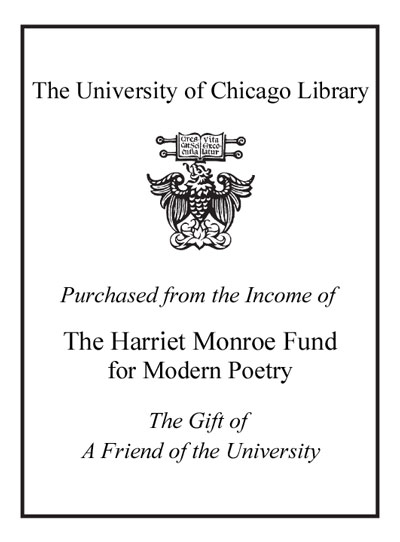Review by Choice Review
Beginning with his collection The Lice (1967), Merwin shifted the focus of his poetry to an affirmation of "humankind's place in the natural world, the necessity of reconceptualizing this relation, and the human responsibility for maintaining and supporting the ecosystem." Frazier (Univ. of Alabama, Tuscaloosa) uses the term "origin poetry" to refer to poetry in which Merwin focuses on a "lost original world, free from the ontologically insular and physically threatening forces of industrialization." This work "seeks a timeless existence in which humans are participants rather than rulers." The poet uses Hawaii as a microcosm for the glacial destruction of native species and natural beauty and the arrogant treatment of native societies. Merwin emerges from this study as a fervid ecologist and proponent of a holistic, healthy planet. Frazier finds affinities with Keats, Snyder, and (especially) Thoreau, but none with Whitman or the "confessional" poets. The author quotes almost 100 poems, along with excerpts from Merwin's prose and interviews. Treating Merwin the thinker more than Merwin the verbal craftsman, this volume contains more explication than evaluation. Upper-level undergraduates though faculty. W. C. Buchanan; formerly, Grand Valley State University
Copyright American Library Association, used with permission.
Review by Choice Review

